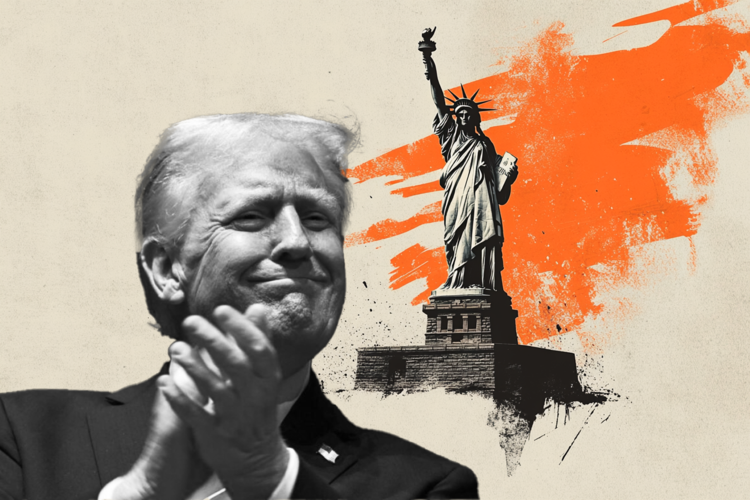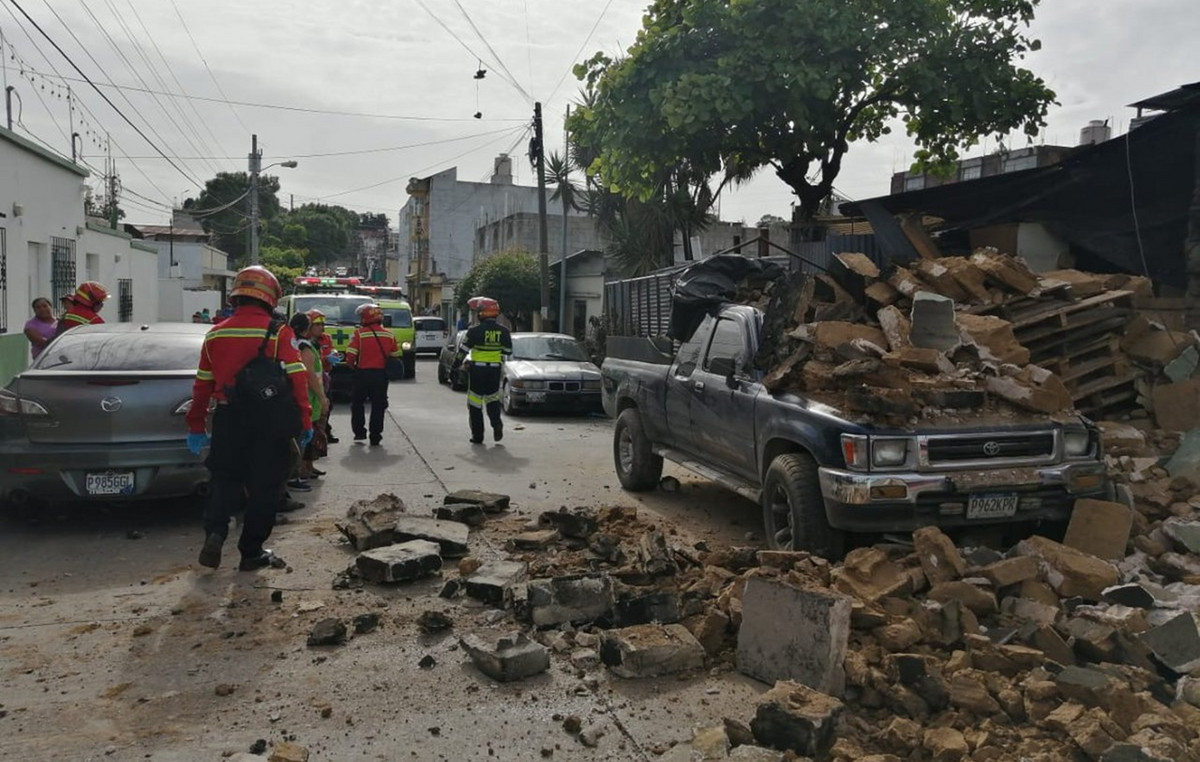Around the same time that Italian Prime Minister Giorgia Meloni announced that the G7 leaders’ meeting would be held in the southern Italian region of Puglia, local anti-mafia investigators were looking into three criminal groups allegedly behind an increase in violence in the region.
The organizations were showing worrying signs, according to the Italian Interior Ministry’s biannual report released in January 2024.
The prevalence of recorded crime “reflects the dynamism of criminal balances and structures marked not only by conflicts between opposing clans, but also by internal clan tensions”, states the report.
The groups are branches of the Sacra Corona criminal syndicate, centered in the city of Foggia and made up of criminal families that group themselves into clans.
Unlike the better-known Cosa Nostra in Sicily, the Camorra in Naples and the ‘Ndrangheta in Calabria, which have a large international presence, Puglia’s groups work mainly in Italy and the Balkans, according to DIGOS (Divisione Investigazioni Generali e Operazioni Speciali), Italy’s main anti-terrorism and anti-mafia unit.
Based in and around the coastal cities of Bari and Brindisi – exactly where the world’s most powerful leaders will meet between June 13 and 15 – the groups have defeated enemies in brazen daylight attacks and carried out armed robberies in a alarming rate.
There have been several high-profile revenge killings between the clans in recent months, according to local media reports, and several mutilations.
This is not everything. A briefcase was found abandoned at a train station near Bari, linked to bottles of liquid and a cell phone, in March. Since then, bomb threats have been received almost daily.
There were also armed attacks by criminal gangs in villages close to the summit site – an exclusive resort between Bari and Brindisi – and blatant gang violence between the three clans, said local police chief Vittorio Pisani, to CNN.
The Ministry of the Interior suggested sending military personnel to regain control of the region “for the good of the country”. The report led to an investigation of several local municipal councils, three of which were dissolved by the regional governor due to mafia infiltration and the use of extortion to maintain control of territory by criminal groups.
Italian mafia groups are known for infiltrating legitimate projects, including construction, many of which have served to prepare sites for the upcoming summit. Road works, construction of helipads for the safe movement of leaders and even the media center are being investigated, according to DIGOS. A full report is expected after the summit ends, a DIGOS spokesperson said to CNN .
Days before the start of the G7, local authorities face a delicate challenge as they seek to balance the safety of world leaders with maintaining local public order, according to Brindisi mayor Luigi Carnevale.

“No one could have predicted that before the G7, scheduled from June 13 to 15, Puglia, where meetings between the world’s powerful leaders will be held, would be affected by criminal events that, although unrelated to each other, make security management even more complex,” he said in a televised news conference.
Puglia, at the heel of the Italian boot, is known for its centuries-old olive trees, iconic white houses and pristine beaches. The summit will be held at the luxury resort of Borgo Egnazia, a tourist paradise with 30 private villas with private pools and amenities such as a Michelin-starred restaurant aimed at the elite.
From David and Victoria Beckham to Madonna and Ivanka Trump, celebrities have been arriving for years, thanks to assurances of discretion from resort chief Aldo Melpignano, who told CNN that the location was ideal for the G7.
“Hosting the 2024 G7 in Puglia represents an extraordinary recognition for our territory and is the result of a profitable collaboration between the public and private sectors,” he said.
The security machinery that will protect the world leaders of the world’s most advanced economies is well established and is led by DIGOS. Preventative “cleaning work” has been underway for almost a year, with particular attention paid to dissuading the establishment of “possible Islamic sleeper cells” by monitoring arrivals at airports and seaports, the Interior Ministry report said.
A 10-kilometer “red zone” has been created around Borgo Egnazia, and an additional 30-kilometer “yellow zone” will be strictly patrolled to protect the approximately 130 working groups and 21 ministerial meetings, not to mention ensuring the security of special guests such as Pope Francis, who will participate in a special summit on artificial intelligence. Turkish President Recep Tayyip Erdogan and Saudi Arabia’s King Salman bin Abdulaziz Al-Saud are also expected to join the leaders of the G7 nations – the United States, Germany, Britain, France, Italy, Canada and Japan.
More than 5,000 specially trained troops have been deployed to the region, huge cruise ships are docked offshore to help keep delegations safe, and a US aircraft carrier was expected to arrive by the weekend and anchor off the coast of Puglia.
The Schengen open border policy, which allows people from other Schengen countries to enter Italy, was suspended between June 5 and 18 to allow border control agents to check passports. In addition to local criminal groups, authorities are also concerned about the hordes of protesters who appear at every G7 summit and have called for large-scale protests to be held as close to the meeting site as possible. When Italy hosted the G8 summit in 2001, a protester was killed by police during violent clashes.
Specialist military police working with the anti-mafia law enforcement unit are closely monitoring known criminal groups. Nearly 60 people were arrested last month in connection with a drug investigation, taking some of the clan’s alleged leaders out of business, at least in the short term.
“It is clear that none of these events will put at risk the big names in the world, who will be overprotected and inaccessible during these three days,” said Pisani, the chief of Puglia’s police.

“But it is necessary to guarantee the same tranquility for the approximately 10 thousand people who will travel between Bari and Brindisi that week (delegations, journalists, observers) and who will not enjoy the protection of bodyguards and security services.”
At the same time, police must ensure the protection of areas in other parts of the province where “crime can infiltrate” while attention is focused on Bari, he added.
“It will not be an easy task because the spotlight of the world will be on Puglia,” said Pisani. “And we cannot afford to convey the image of a region where the mafia, terrorism and common crime have taken control.”
Source: CNN Brasil
Bruce Belcher is a seasoned author with over 5 years of experience in world news. He writes for online news websites and provides in-depth analysis on the world stock market. Bruce is known for his insightful perspectives and commitment to keeping the public informed.







